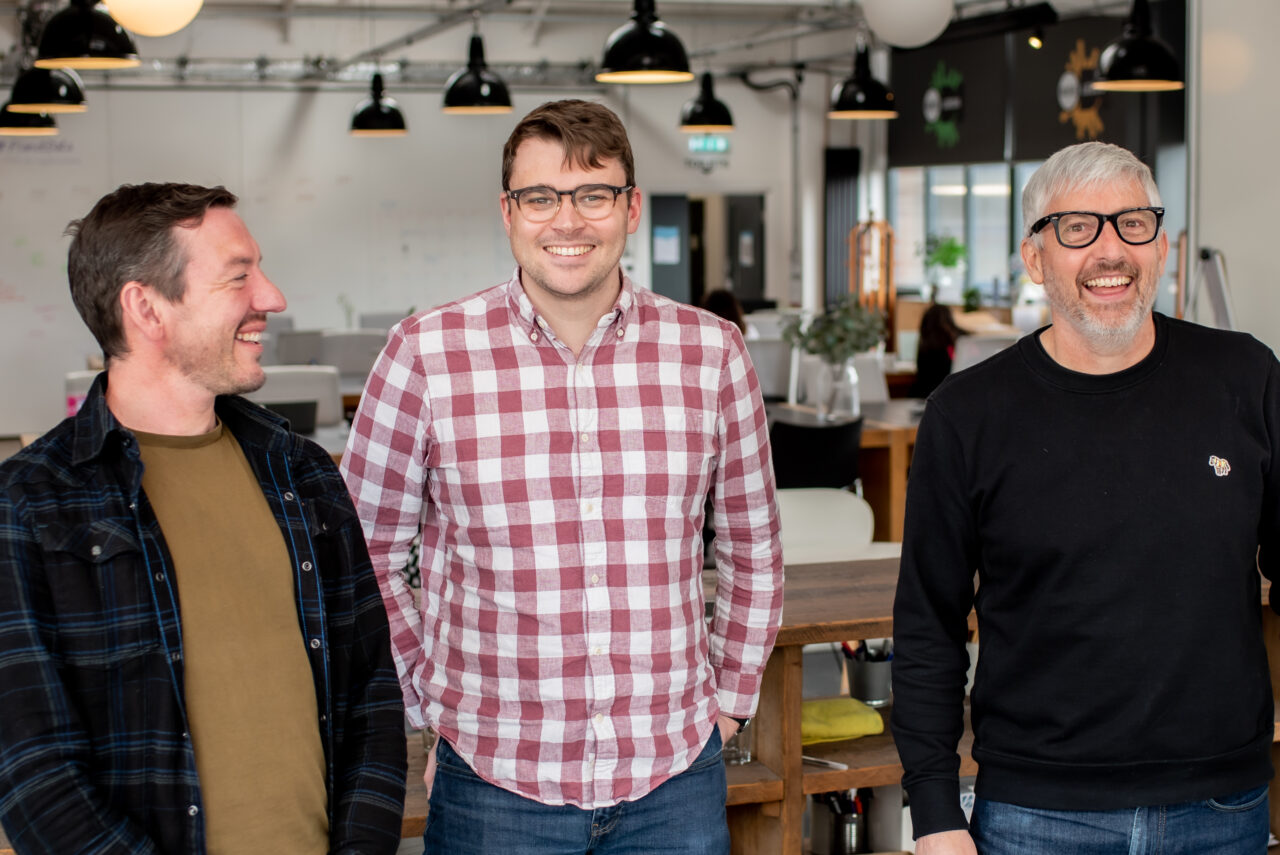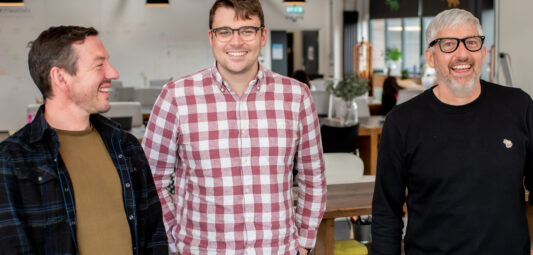About The Data City
Our mission is to map the UK’s emerging economy, providing researchers, policy makers and investors with real time data on dynamic sectors and the companies within them.

Real-time understanding of the world’s industries
Our manifesto is simple. We’re creating the new global standard in industrial data and mapping the emerging economy.
We’re doing it by:
- Working in the open
- Publishing what we do as we do it
- Using open data and the open web
- Crowd sourcing input to make us better
- Making friends and being helpful

To build the new standard industrial classification system.
We believe that everyone working to help companies thrive can do a better job when they understand what companies do and how well they are doing.
So, instead of classifying companies by the SIC code that the company chose when it registered, we classify companies by what they say they do on the web. Then we add data on how many people a company employs, where it operates, what its turnover is, and much more, including up to six years of historical financial information. Finally, we help you to explore, analyse, and map those companies, their finances, and their activities using our unique tools.
Our methods are innovative. They are increasingly proven in peer-reviewed papers, in use by national statistics agencies, and by our customers. They are improving rapidly. The answers to the questions that you have today will be great. In a year they will be even better.

“ Through this visual mapping project, Greater Manchester will be able to showcase our success in the digital sector
“ If you care about technology driven economic growth, you should care about RTICs
“ We support the use of the innovative technology at the Data City as a force for good, as we help emerging sectors and existing companies in the recovery from Covid-19
“ Without using the Data Explorer, I don’t know how we could have effectively gathered the company data for this project
The journey so far
The way the world understood companies was broken.
Alex Craven saw the problem first-hand: businesses were being misclassified by outdated SIC codes. They hadn’t been updated properly since 2007, and even then, many companies had placed themselves in the wrong category or changed their focus over time. The result? A warped picture of the economy that policymakers, investors and researchers were forced to rely on.
In conversations with Tom Forth and Paul Connell, founders of Open Innovations (formerly ODI Leeds), the idea began to form. What if open data and new technology could create a better system—one that showed what companies actually do, in real time?
Tom took that challenge away and built the first version of what would become The Data City. It wasn’t fast, it could take days to run queries but the insights it unlocked were powerful enough to prove commercial value. From there, The Data City was born.
We built our platform hand-in-hand with a small group of early clients, listening hard, iterating quickly and proving that there was a new way to understand the economy.
Fast forward to today, and The Data City has grown into the UK’s source of truth for the modern economy. We classify companies in two ways:
- RTICs (Real-Time Industrial Classifications): our unique maps of emerging sectors, from AdTech to Quantum.
- RSICs (Real Standard Industrial Classifications): a real-time fix for the broken SIC code system.
Together, these create an industrial classification system built for the 21st century. One that helps policymakers, economists, investors and businesses see their markets clearly and act with confidence.
And we’re only just getting started. Soon, our platform will cover companies worldwide, powering a new global standard for industrial classification.
Clarity is our mission. Liberation from SIC is our vision. The Data City is how we get there.















